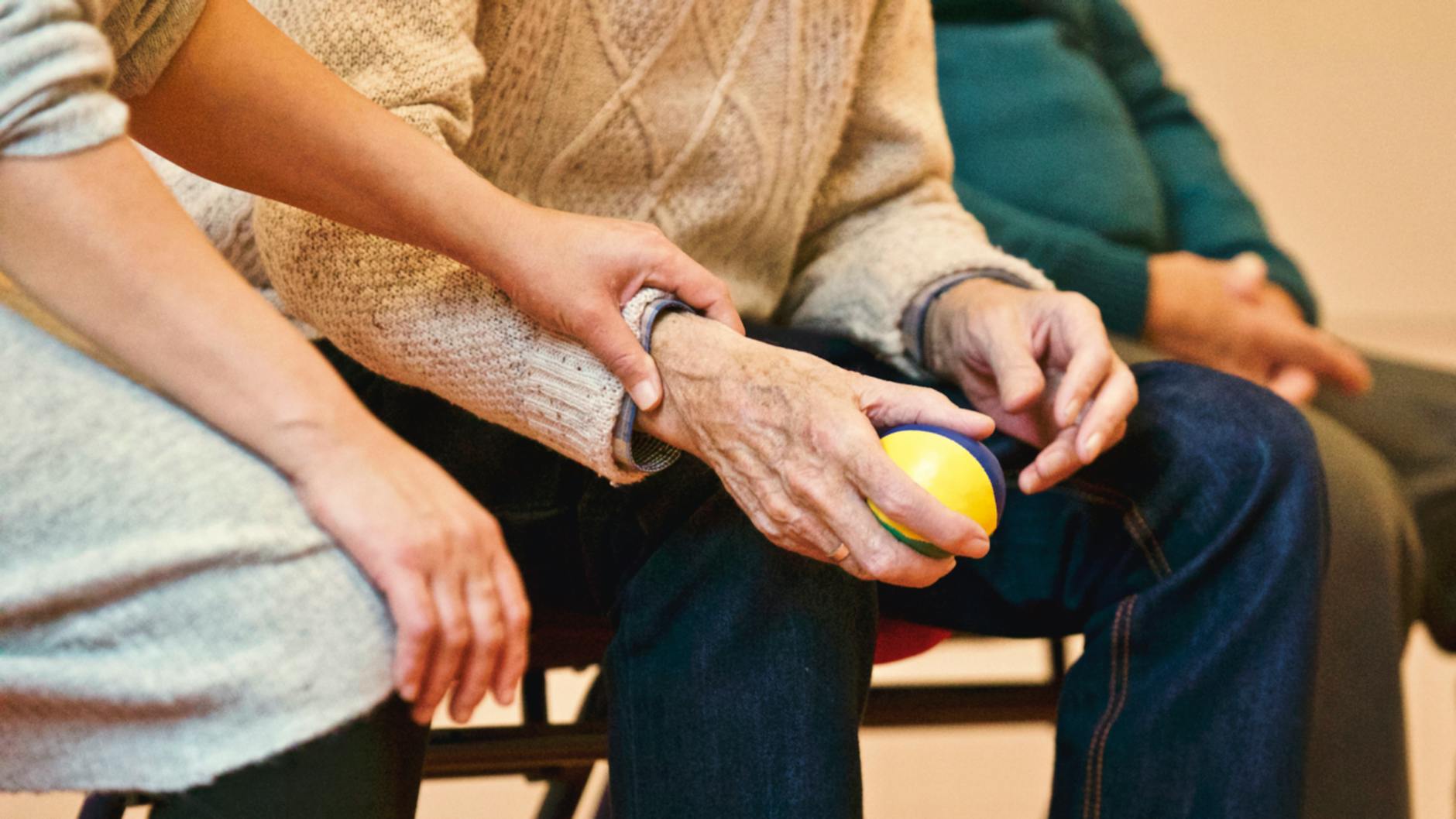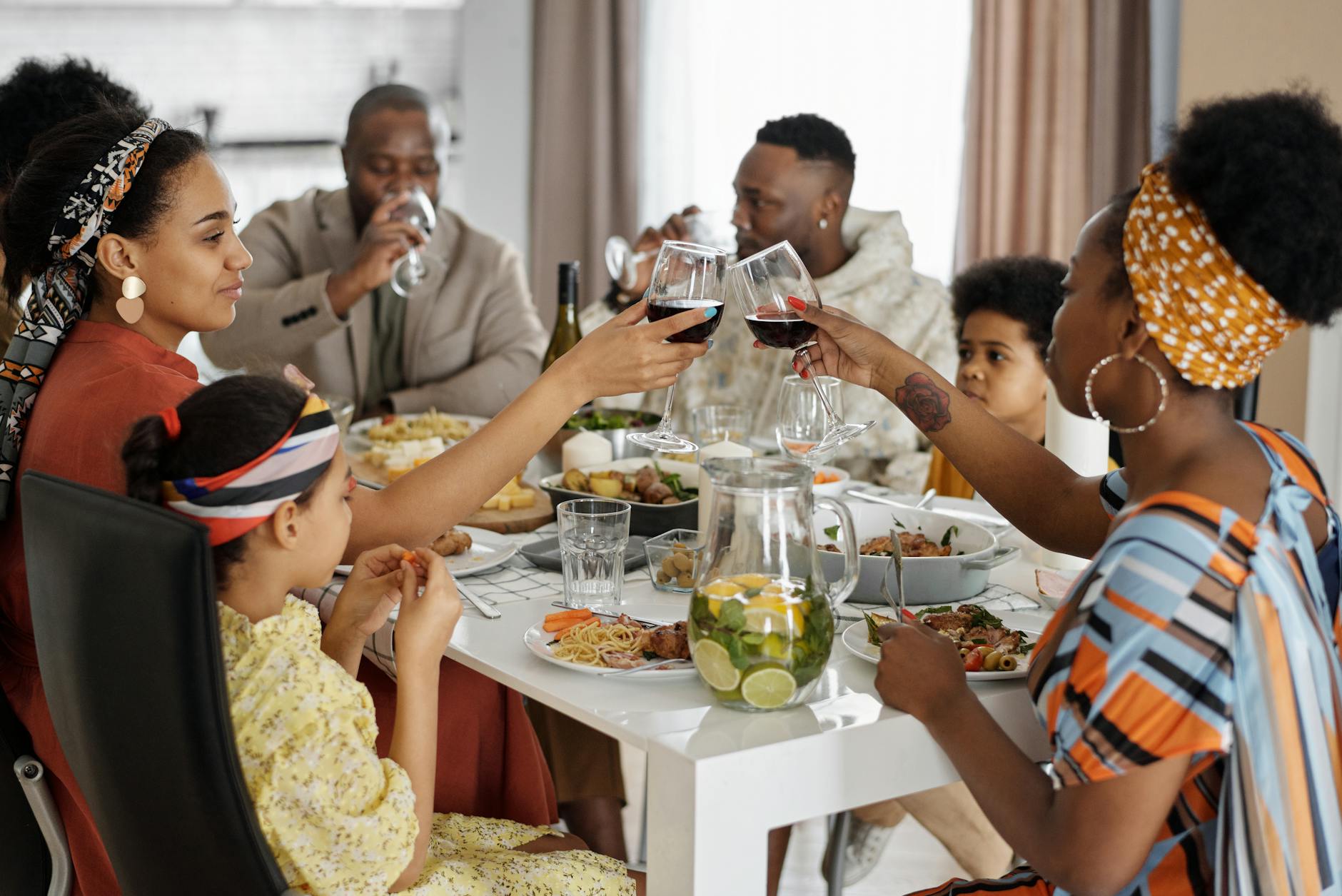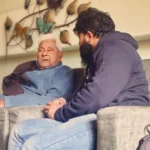Why is taking care of our elders important?
Ever wondered why so many cultures revere their elders while ours seems to forget them? A staggering 40% of nursing home residents report feeling regularly lonely, abandoned by the very society they helped build.
Taking care of our elders isn’t just a nice thing to do—it’s how we honor the shoulders we stand on. These are the people who changed our diapers, taught us to ride bikes, and weathered life’s storms before us.
Elder care challenges us to be better humans. It forces us to slow down, listen to stories from a world we’ll never know firsthand, and recognize our own future selves in their eyes.
But here’s what most people miss about caring for the elderly: it’s not a one-way street of obligation. The real question is—what might we be losing when we push our elders to society’s margins?
Importance of Elder Care

Taking care of our elders isn’t just a social obligation—it’s a profound act of gratitude. These individuals raised us, taught us life’s lessons, and sacrificed for our well-being. Now they need our support during their vulnerable years. Elder care preserves their dignity, prevents isolation, and honors the wisdom they’ve accumulated through decades of experience.
Visit Them Every Now and Then

When was the last time you dropped by to see your elderly parents or grandparents? Not a rushed holiday visit or a quick stop to drop off groceries, but an actual meaningful visit?
Regular visits are the heartbeat of elderly care. It’s not just about showing up—it’s about making your presence count in ways that matter.
The Power of Presence
Our elders face a silent epidemic that rarely makes headlines: loneliness. Many seniors spend 70% of their time alone. That’s not just sad—it’s dangerous. Isolation increases their risk of depression, cognitive decline, and even early death.
Your visit isn’t just filling time—it’s literally extending life. Research shows that regular social interaction can add years to an elder’s life expectancy. When you walk through that door, you’re bringing more than just yourself; you’re bringing vital health benefits.
Quality Over Quantity
A meaningful visit isn’t measured in hours but in moments:
- Put the phone away. Nothing says “you’re not important” like checking notifications while your grandmother is mid-story.
- Ask specific questions about their past. “Tell me about your first job” gets better responses than “How are you doing?”
- Bring something to do together—photo albums, a simple recipe to cook, or even a game.
- Notice changes in their environment or behavior that might signal they need more help.
Creating Visit Rituals
Humans crave predictability, especially as they age. Creating visit rituals gives elders something to look forward to:
- Sunday afternoon drives to see neighborhood changes
- Monthly movie nights with classics they love
- Seasonal activities like planting spring flowers or holiday decorating
- Weekly technology sessions where you help them connect with others
When You Can’t Visit in Person
Distance isn’t an excuse to disappear. When in-person visits aren’t possible:
- Schedule video calls at regular times
- Send care packages with handwritten notes
- Coordinate with neighbors or community services to check in
- Use digital photo frames you can update remotely so they see new family photos
Making Visits Meaningful for Both of You
The best visits serve both of you. They shouldn’t feel like a chore but rather a connection that enriches both lives:
- Record their stories (with permission)
- Learn family recipes before they’re forgotten
- Ask for advice—elders need to feel needed
- Share appropriate family news to keep them connected
Visiting our elders isn’t just a nice thing to do—it’s essential care. These aren’t obligation visits; they’re opportunities to strengthen bonds, learn from their wisdom, and show through actions that they matter. Their worlds often grow smaller with age, and your visits expand those boundaries, bringing fresh energy and connection to their days.
Check If They Are Taking Their Medicine on Time

Medicine management is no joke when it comes to caring for our elders. Missed doses or incorrect medication can lead to serious health complications, and sometimes, our aging loved ones struggle to keep track of their prescriptions.
Why Medication Adherence Matters
The stats are pretty alarming – about 50% of seniors don’t take their medications as prescribed. This isn’t because they’re being difficult. As we age, remembering multiple medications with different schedules becomes genuinely challenging.
When seniors miss their medications, here’s what can happen:
- Worsened health conditions
- Unnecessary hospital visits
- Reduced effectiveness of treatment
- Drug interactions if doses are doubled to “catch up”
I’ve seen this firsthand with my uncle. He’d forget his blood pressure meds, then take double the next day to compensate. His doctor eventually had to have a serious talk with him about the dangers of this approach.
Simple Strategies for Medication Management
You don’t need fancy technology to help your elderly loved ones stay on track:
Create a visual schedule – A simple chart on the refrigerator showing medication times with checkboxes works wonders.
Use pill organizers – Those plastic weekly containers divided by days and times are lifesavers. Fill them once a week together.
Set alarms – If your elder uses a smartphone, set recurring alarms. Otherwise, a simple kitchen timer works too.
Incorporate into daily routines – Connect medication times with daily activities like meals or favorite TV shows.
Keep a medication journal – A simple notebook tracking what was taken and when helps spot patterns and problems.
When to Step Up Your Approach
Sometimes basic reminders aren’t enough. Watch for these warning signs:
- Pills remaining in containers when they should be gone
- Worsening symptoms that should be controlled by medication
- Finding pills in strange places (indicates confusion)
- Pharmacy refill dates that don’t match usage patterns
If you notice these issues, it might be time for daily check-ins or automated dispensers.
Technology That Can Help
For tech-savvy seniors or concerned family members, consider:
- Automated pill dispensers that lock and alarm
- Medication reminder apps with caregiver notifications
- Smart bottle caps that track when medications were last opened
- Telehealth services for medication management consultations
Remember, this isn’t about controlling your elder’s life. It’s about partnership in health. The goal is independence with appropriate support.
Checking on medication adherence is one of the kindest things you can do for an aging loved one. It shows you care about their health and understand the challenges they face. A simple “Did you take your pills today?” during your regular calls might literally save their life.






